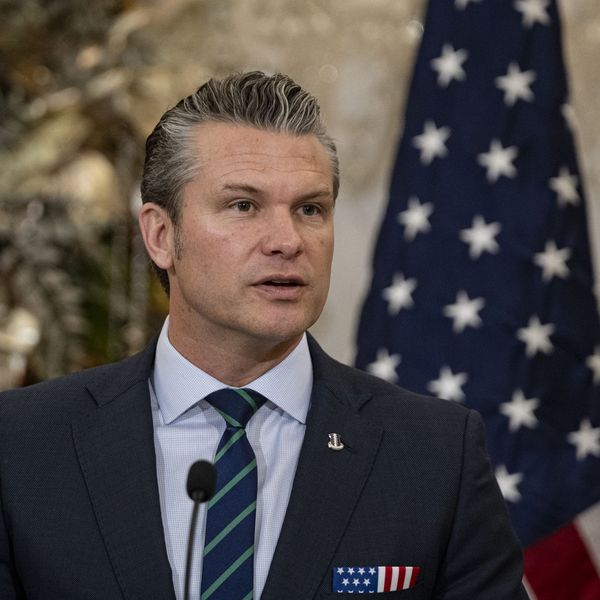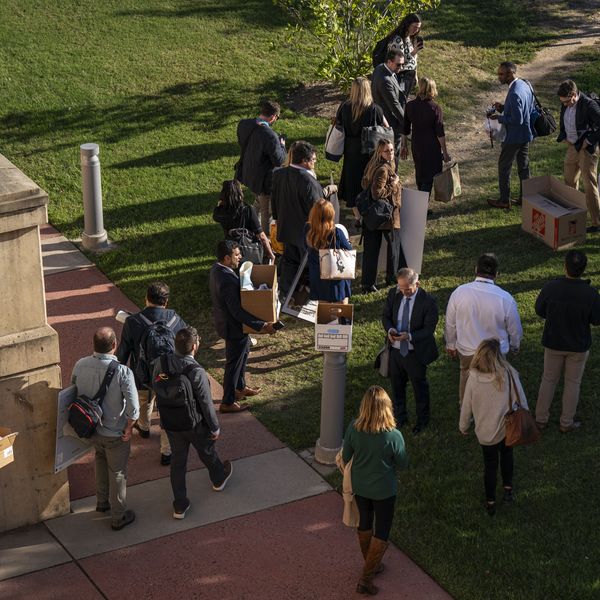Over a decade ago a young
woman approached me on the California Senate floor with a petition
against the Taliban. Women are being repressed, tortured and killed by
religious fundamentalists, she said. I signed on. The Taliban seemed
like a Ku Klux Klan aimed at women. I was disgusted that the State
Department and oil companies would negotiate with them over pipelines,
with cursory regard for women's rights. I still feel that way.
But I had no idea then that I was joining The Feminist Majority in a
coalition with the Pentagon to invade and occupy Afghanistan. Given the
respect I have for Ellie Smeal and Kathy Spillar, among others, it's
still hard to believe that they think Afghan women can be liberated by
an invading, bombing, imprisoning American army. It's hard to believe
that Predators, drones, Special Forces, detention camps and foreign
occupiers are solutions to Taliban fundamentalism. Even the
US-supported Kabul government showed its real character this year by
passing a law requiring women to obey their husbands in sexual matters,
in violation of the country's own constitution and international norms.
A top United Nations official this month told a Kabul audience "that
violence against women is not being challenged or condemned." This was
eight years following the Bonn Agreement which included human rights at
its core. In northern areas under Western occupation, the UN report
found that in 39 percent of rapes "that perpetrators were directly
linked to power brokers who are, effectively, above the law and enjoy
immunity from arrest as well as immunity from social condemnation."
It's safe to say the Kabul government will not be recognizing any
NOW chapters among its local non-governmental organizations in the
foreseeable future.
The Feminist Majority echoes Democratic Party hawks in claiming that
the liberation of Afghanistan was well underway until the Bush
Administration wandered off into Iraq. But Afghanistan was among the
poorest countries in the world before and after the Bush years, and
will continue to be left impoverished by a Pentagon budget that expends
90 percent of funds for military occupation. According to the United
Nations, Afghanistan is 174th of 178 countries in its human development
index. One in every four children dies at birth, the fourth highest
child mortality rate in the world. Half of Afghan children are
malnourished, and an estimated 40 per cent of children die from
diarrhoea and acute respiratory infections. Thirteen per cent of the
population have access to safe drinking water and 12 per cent have
access to adequate sanitation. In both Afghanistan and Pakistan,
children are growing up traumatized, malnourished, stunted and
extremely stunted [the categories the United Nations uses]. Life
expectancy for women in "peacetime" is 44, twenty percent below the
global mean.
The Feminist Majority chooses to be uncharacteristically obscure in
advocating more American troops as the solution. Its website speaks of
more "peacekeeping forces" rather than an escalation of the occupation.
They write that "virtually everyone knows that a military solution
alone won't work. Yet, we cannot ignore that security and the Taliban
are among Afghans' top concerns", whatever that means. They quote an
Afghan human rights activist, Sima Simar, who obliquely says "security
must be re-established until the Afghan army and police can take over."
But they fail to note that the current Pentagon plan for establishing
an Afghan security force will take at least ten more years. Meanwhile,
the war continues under the direction of an American general, Stanley
McChrystal, whose career in Iraq was in clandestine Special Ops,
including the supervision of many extra-judicial killings [according to
Bob Woodward's most recent book]. The real effect of the Pentagon's
game plan is to kill Al Qaeda and Taliban suspects, round up and hold
thousands more in detention camps with no due process, lock Afghanistan
into the Western alliance, and obtain American military bases and
pipeline projects in the region. Women's rights always will be
secondary to military objectives. "Protecting the population", which
the Feminist Majority supports, is counterinsurgency phrasing for
keeping the population surrounded by barbed wire, floodlights, blast
walls and subject to check points and retinal scanners while, a short
distance away, the killing goes on.
As for women's rights, perhaps Condoleeza Rice could be named US
ambassador to Kabul; after all, she's been on Chevron's board and
already has an oil tanker named after her.
Seriously then, what to do about the fate of Afghan women? Ending a
military occupation through a negotiated settlement among countries in
the region, and parties in Afghanistan, is the only way out of this
latest adventure in The Long War. Making any future economic or
diplomatic assistance contingent upon women's rights to health care,
child care, education and dignity should be among the terms for a US
and NATO withdrawal. In all seriousness, top US officials in a future
Kabul embassy could be feminists linked to Afghan women's groups.
Hillary Clinton knows how to be relentless if she chooses. The struggle
will be long and bitter, won in civil society, not on battlefields.
Even if all the Taliban are killed, Afghanistan will be a deeply
patriarchal Muslim country where change will emerge from outside and
inside pressures.
These progressive initiatives could be advanced today by the Obama
administration and Congress as civilian ones, not as cover to solicit
support for deeper military occupation.
The Feminist Majority is being used by the Pentagon to advance its
war aims. Perhaps they believe they are using the Pentagon, though they
don't say it. One result is division and confusion within the peace
movement. In soliciting support from genuine peace groups for
Afghanistan, for example, The Feminist Majority is less than candid
that the funds are linked to the escalation of the war.
The solution is more transparent and thorough discussion at the base
of the peace movement, where the possibility of a feminist coalition
with the Special Forces should be hard to defend.


